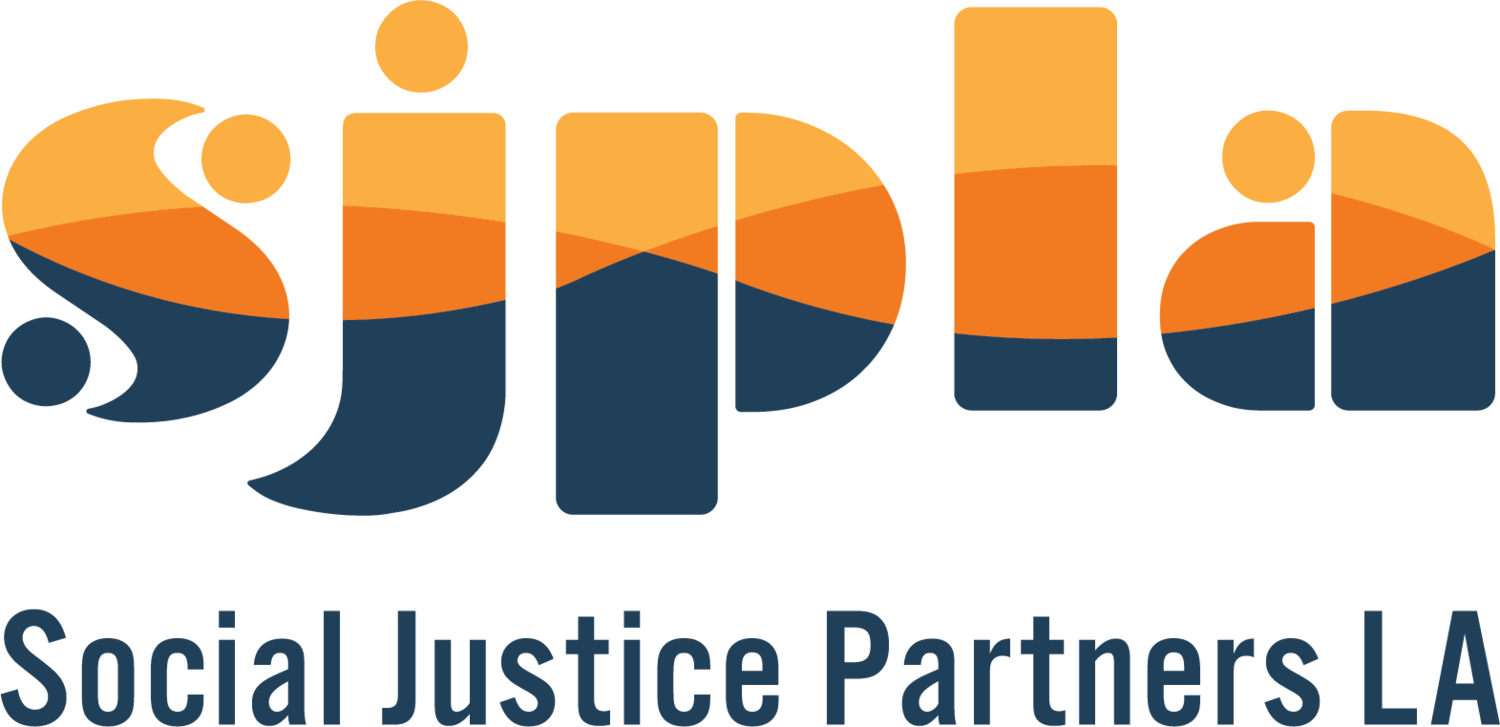The Wellbeing Crisis in LA's Homeless Response Sector
The homelessness crisis in Los Angeles has been at the forefront of public discourse for years. Behind the headlines lies another critical issue: the wellbeing of the workers dedicated to addressing this crisis. "The Wellbeing of LA's Homeless Response Workers: Fully Resourcing Our Communities & Our Workforce," sheds light on the challenges faced by these essential workers and calls for urgent action.
In Spring 2023, we launched the Wellbeing Fund, offering $1 million in microgrants to workers in LA's homeless response sector. The response was overwhelming: 5,430 people - representing about two-thirds of the sector's workforce - requested nearly $32 million in total funding. This staggering gap between available resources and worker needs paints a stark picture of the current conditions for our homeless response workforce.
The Struggle for a Living Wage
Perhaps the most alarming finding from the application data is that most workers in the homeless response sector struggle to pay for their basic needs. Nearly two in three applicants to the Wellbeing Fund earn less than $50,000 annually. This falls significantly short of the $80,000 annual income needed to afford a modest one-bedroom apartment in Los Angeles County, according to the National Low Income Housing Coalition.
“The high cost of living is impacting me and my family’s quality of life. As I work in the homeless field, I see myself becoming homeless too. Not because of mental health or substance abuse but because of the low wages social services earn.”
High Turnover
Low wages and challenging working conditions have led to high staff turnover, creating instability for workers, organizations, and clients. Half of the Wellbeing Fund applicants have less than five years of experience in the sector, and less than one in five have 10 years or more. This ongoing churn of workers hampers the sector's ability to provide consistent services to those experiencing homelessness.
Racial Disparities in the Workforce
The data from the Wellbeing Fund applications reveals a troubling racial disparity within the sector. Black and Latinx workers, who represent 78% of the applicant pool, are most likely to earn below living wages. More than two-thirds of Black and Latinx workers earn less than $50,000 per year, compared to 42% of Asian and 47% of white workers. Even more concerning, fewer than 1 in 10 Black or Latinx workers earn over $75,000 annually, an income close to what is needed to afford a modest one-bedroom apartment in Los Angeles County.
Racial/Ethnic Identity by Income
“I need these funds to help my family, and catch up on bills, also to invest in health & wellness. Health & wellness is important. The pandemic took its toll on all of us, and this fund would help me understand the effects of the pandemic. Housing is constantly rising and my situation is dire, so this fund could help with relocation fees.”
Basic Needs Are Unmet
The most common requests to our Wellbeing Fund were for basic needs. The top category was health & wellness, with half of applicants indicating they would use funds for that purpose, followed by housing, transportation, education, child & family, and consumer debt. This underscores the precarious financial situation many of these workers are in, despite their crucial role in addressing one of our city's most pressing issues.
A Path Forward: Full-Cost Funding and Racial Justice
The implications of these findings are clear: we must take immediate action to support the workers on the front lines of ending and preventing homelessness. Our report outlines two key recommendations:
Full-Cost Funding and Living Wages
Public and private funders should provide full-cost funding and contracts that offer living wages and allow for cost-of-living adjustments. Full-cost funding accounts for all the financial resources required to run an effective organization over the long term and is crucial for advancing equity in the nonprofit sector.
Measure A, which will be on the November 2024 ballot provides more than $1 billion annually for housing and services to address homelessness and housing insecurity. Importantly, it would require that contracts with community organizations set payment rates to enable contractors to pay workers living wages and allow for incentives and increases on par with County staff and with cost-of-living allowances.
Addressing Racial Justice in the Workforce
With Black and Latinx workers representing both the majority of the workforce and most likely to earn below a living wage in the sector, we must make progress towards equity in wages and hiring. Through initiatives like the Racial Equity in Homelessness Fellowship, SJPLA has been working to create spaces where BIPOC leaders can connect around a shared purpose of transforming our workspaces and systems towards a racial justice and belonging framework. Funders, leaders, and staff must partner to dismantle systemic barriers and create a more just, thriving, and liberated workforce.
A Call to Action
The data from our Wellbeing Fund applications tells a clear story: the workers dedicated to addressing homelessness in Los Angeles are themselves struggling with financial insecurity and burnout.
We urge policymakers, funders, and sector leaders to read our full report and take decisive action. By investing in the wellbeing of our homeless response workforce through living wages, full-cost funding, and initiatives to address racial inequities, we can build a more stable, effective, and well workforce to tackle homelessness in Los Angeles.
Investing in the Sector
The Wellbeing Grants are part of the Investing in the Care and Retention of Workers in the Homeless Response Sector work addressing challenges like burnout, fatigue, and high turnover rates. Through this initiative, we've been able to work with our funding partners to extend more than $6.5 million in direct support to frontline workers and community-based organizations.




